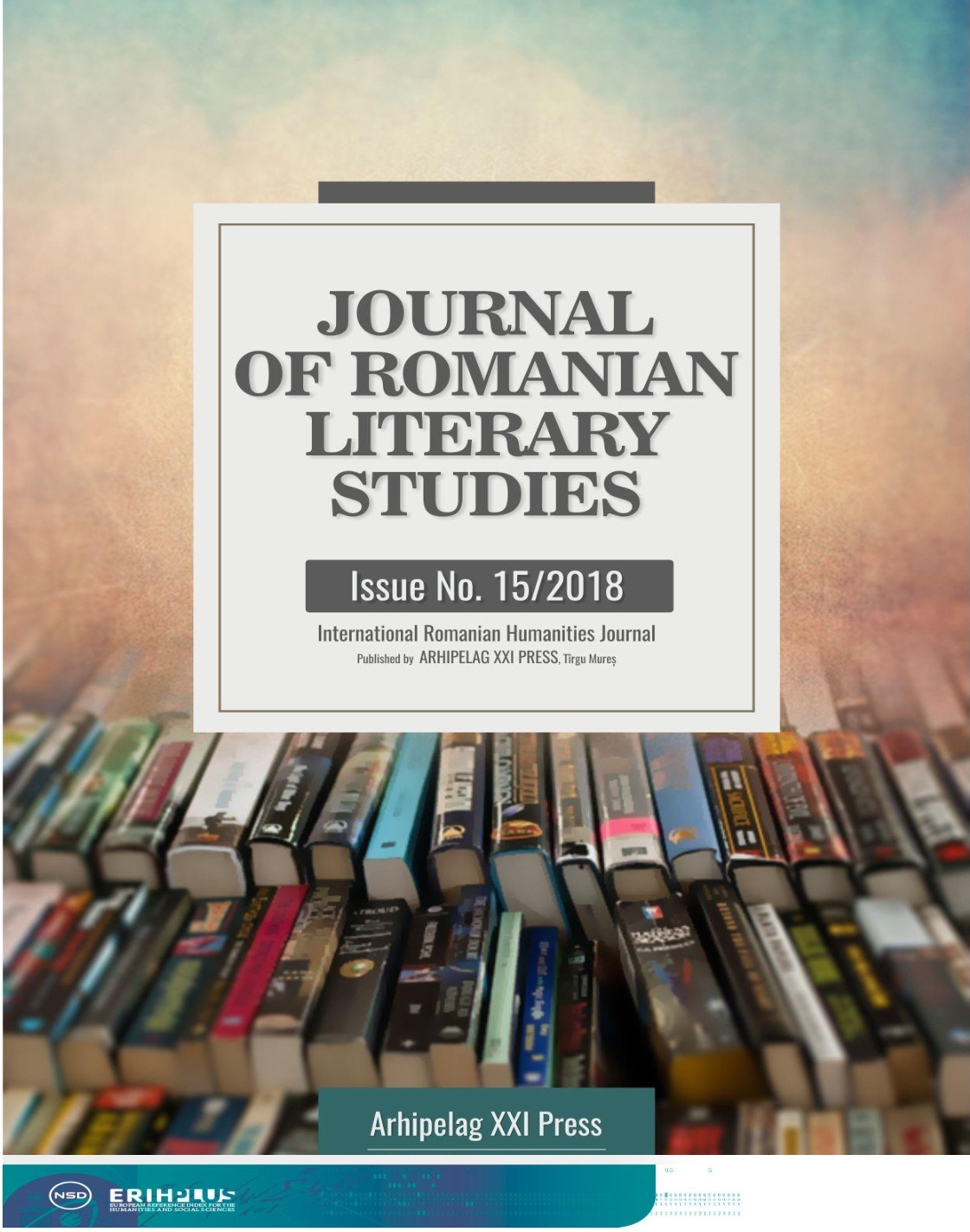FROM THE INNER MONOLOGUE (ION BIBERI) TO THE AUTHENTICITY OF EROS (FELIX ADERCA)
FROM THE INNER MONOLOGUE (ION BIBERI) TO THE AUTHENTICITY OF EROS (FELIX ADERCA)
Author(s): Alina-Mariana StîngăSubject(s): Studies of Literature, Interwar Period (1920 - 1939), Theory of Literature
Published by: Editura Arhipelag XXI
Keywords: authenticity; eros; thanatos; inner monologue; involuntary memory; diary;
Summary/Abstract: The mirage of authenticity defined the literary trajectory of the new generation of interwar writers, and Dr. Ion Biberi or journalist Felix Aderca was no exception. Interested in polling the subconscious and transposing its manifestations in the most faithful way, the two culture people recognized the primacy of inner life, seeking ways to allow "the transcription" of the subconscious into the pages of their own works. Ion Biberi expressed his spiritual and cultural commitment in studies such as Thanatos (1936) or Eros (1974), trying to outline the two limits of humanity. Coincidence or not, or as a consequence of the common interwar literary principles, the work of a polemic spirit such as Felix Aderca appears integrated by criticism between eros and thanatos: looking for authenticity. At Ion Biberi, by love, the human being knows himself and others, but at the same time, the experience of death is also extremely important, anticipated by fear. The literary critique identifies Felix Aderca as the fiction of a literature obsessed with the idea of sexuality, as well as novels dealing with the theme of the slum or the woman’s image. Techniques such as the inner monologue or involuntary memory, the narrative in the first person, the true rendering of the feelings and thoughts of the characters, put the two writers in the aesthetics of authenticity.
Journal: Journal of Romanian Literary Studies
- Issue Year: 2018
- Issue No: 15
- Page Range: 624-631
- Page Count: 8
- Language: Romanian

